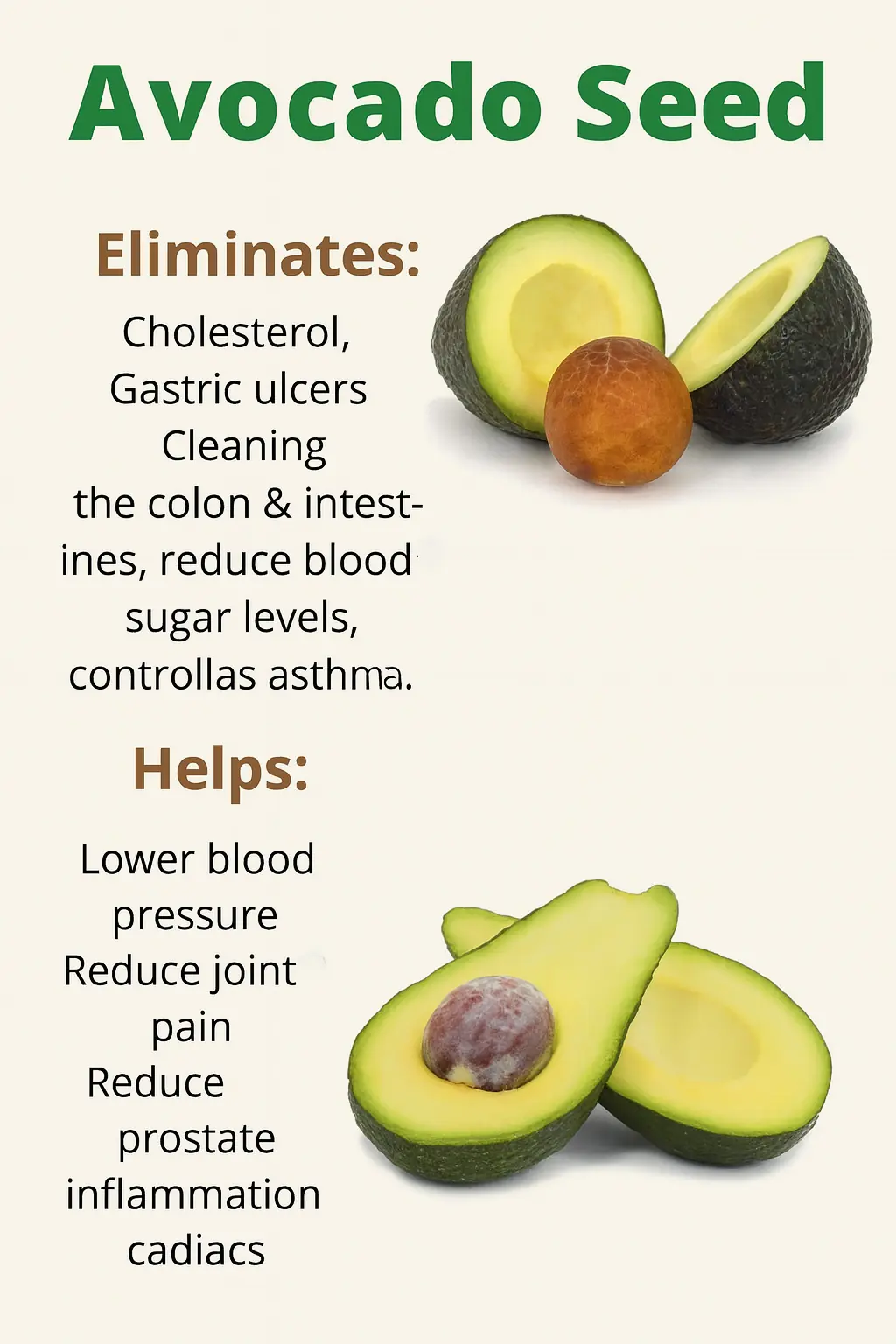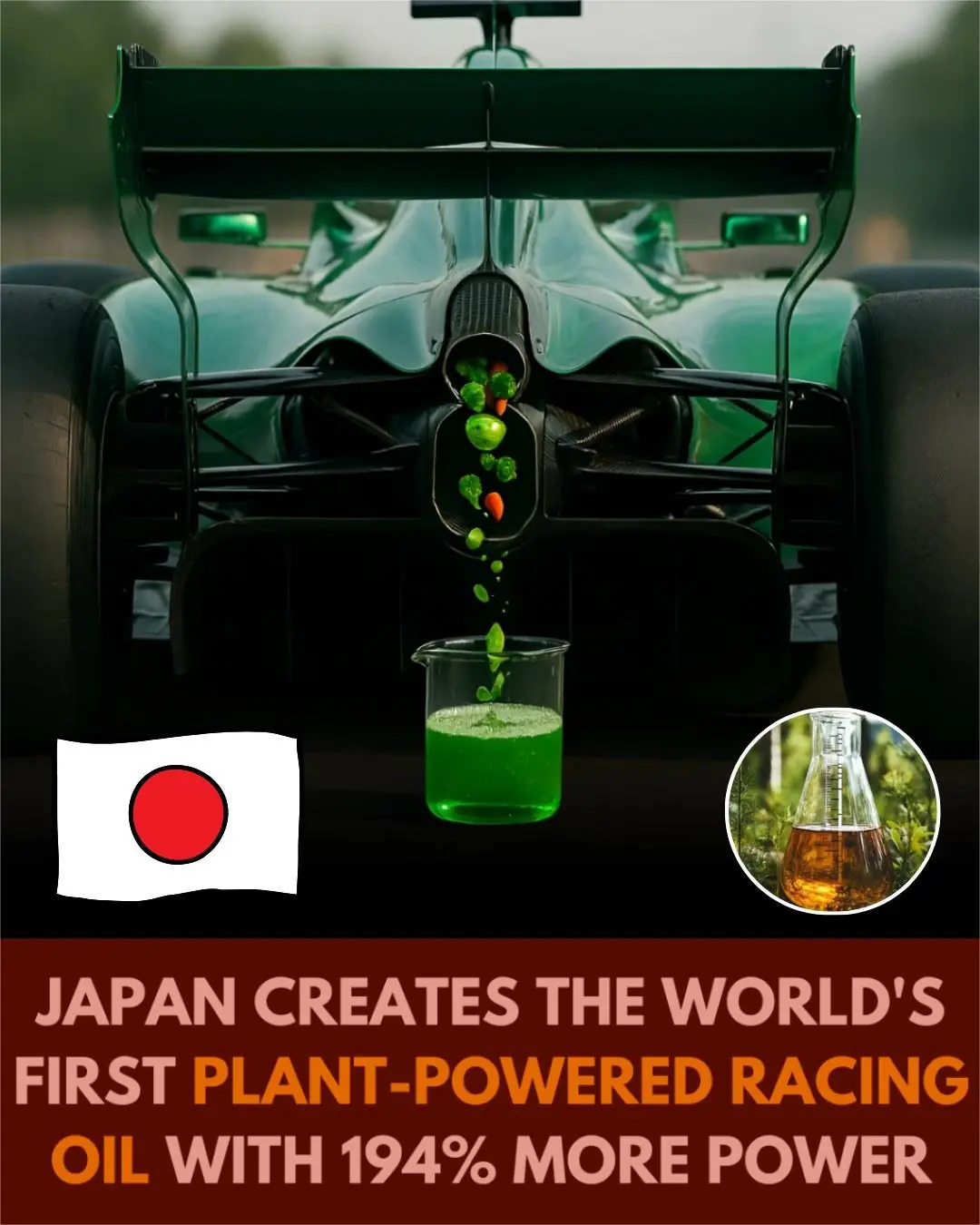
Japan’s New Racing Oil: Plant-Powered and 194% Stronger
Japan has unveiled a groundbreaking step toward sustainable motorsports — and it has nothing to do with batteries or electric motors. Scientists have developed the world’s first plant-powered racing oil, a revolutionary bio-lubricant made from non-edible biomass that delivers a stunning 194% boost in performance compared to traditional oils.
This innovation is more than a fuel alternative — it represents a new chapter in high-performance engineering, where speed, power, and sustainability can finally share the same track.
Racing Toward Sustainability
Motorsports have long embodied speed, precision, and engineering mastery — but also carbon emissions and reliance on fossil fuels. While electric vehicles are on the rise, the racing world still thrives on the raw thrill of internal combustion.
Enter Japan’s plant-based racing oil: a high-lubricity, thermally stable green fluid that not only matches conventional oils but outperforms them. Developed using advanced green chemistry, it is derived from non-edible plant waste — such as rice husks, corn stalks, and sugarcane byproducts — ensuring it doesn’t compete with food supplies.
The Numbers: 194% More Power
During dyno tests and track trials, the bio-lubricant demonstrated:
-
Up to 194% increase in horsepower output under extreme racing conditions.
-
Lower internal friction, leading to cleaner combustion and more efficient power transfer.
-
Thermal stability above 300°C, crucial for professional racing.
-
Reduced carbon residue, which extends engine life and reduces maintenance.
Unlike petroleum-based oils, this bio-oil is biodegradable and far less harmful to ecosystems — making it as clean for the planet as it is powerful on the track.
Track-Proven Performance
Unlike many eco-technologies that remain stuck in labs, Japan’s bio-oil has already proven itself on the racetrack.
A prototype race car fueled by this lubricant was tested at Suzuka Circuit under professional conditions. Results included:
-
Improved acceleration from reduced engine drag.
-
32% less engine wear compared to conventional oil over equal mileage.
-
60% lower particulate emissions in exhaust gases.
The tests confirmed that the oil can handle real-world racing demands without compromise.
What It’s Made Of
The bio-oil is synthesized using:
-
Agricultural waste biomass.
-
Algae-based natural esters.
-
Advanced cellulose derivatives processed through supercritical CO₂ extraction.
The result is a lubricant that maintains viscosity under extreme pressure, resists oxidation, and withstands the punishing stress of motorsport environments.
Industry Impact Beyond Racing
While its debut is on the track, the potential is global:
-
Automakers could adopt it for eco-performance street cars.
-
Commercial fleets might use it to reduce operating costs and emissions.
-
Marine and motorcycle engines could benefit from its heat resilience.
-
Developing countries with agricultural waste surpluses could produce it domestically, reducing oil imports.
Because the internal combustion engine will remain dominant in many parts of the world, this breakthrough provides an immediate, scalable path to cleaner performance.
Why It Matters Now
With climate pressures rising, motorsports face calls to embrace sustainability. Plant-based oil bridges tradition and innovation:
-
Preserves the visceral roar of combustion engines.
-
Cuts down emissions and waste.
-
Brings green tech to the forefront of performance.
And since motorsports often serve as testbeds for consumer technologies, today’s race-tested oil could be tomorrow’s everyday lubricant.
Challenges Ahead
-
Scalability: Production at commercial levels will require major infrastructure.
-
Cost: Early bio-oils remain more expensive, though scale and incentives could close the gap.
-
Compatibility: Some older engines may need modifications for optimal use.
Researchers are already working on next-generation formulations for broader applications, including aviation and heavy-duty transport.
Final Thought
Japan’s plant-powered racing oil is more than an engineering triumph — it’s a symbol of what sustainable innovation can achieve.
It proves that green technology doesn’t mean compromise. That eco-friendly solutions can outperform, not just keep pace. And that the legacy of combustion racing can evolve into a cleaner, smarter, and more responsible future.
Racing has always been about pushing limits. Now, it’s about reshaping the future — one drop of green oil at a time.
News in the same category


Germany’s Solar-Powered Sleeping Capsules Offer Refuge for the Homeless During Freezing Nights

Japanese Student Designs Smart Bra That Unlocks Only With Partner’s Fingerprint

Hypersonic Fury: China’s 450,000 RPM Gun Shocks the World!

Los Angeles encampment now a ‘tiny city,’ upset residents say

Man fatally shot after dragging ICE officer with car in Chicago suburbs ID'd: officials

State Department suggests revoking visas of those making light of Charlie Kirk's death

9-year-old Pennsylvania prodigy studies neuroscience at college, looks forward to medical school

Beloved Aquarium of the Pacific octopus spends last days caring for eggs, although they won't hatch

Erika Kirk delivers emotional remarks after killing of husband Charlie Kirk

Eunice Foote: The Forgotten Scientist Who Predicted Climate Change in 1856

Charlie Kirk shooting: Officials release video, plead for help in tracking down person of interest

California's Clean Air Vehicle Decal Program to End This Month

Family mourns 3-year-old boy hit and killed after running into street in Long Beach

Did Charlie Kirk start asking the wrong questions?

Terror on Boeing 737 as plane explosion forces pilots to make ‘hard landing’: ‘Unsettling’

Emma Heming reveals Bruce Willis is living in a second home as dementia battle progresses: ‘Hardest decision’

Professor Cancels Class After Taylor Swift and Travis Kelce Engagement News Goes Viral

Bubbles at 42: From Pop Icon to Sanctuary Resident, a Chimpanzee’s Quiet Legacy
News Post

Chopping Wood Boosts Testosterone by 46%, Surpassing Competitive Sports, Study Finds

Germany’s Solar-Powered Sleeping Capsules Offer Refuge for the Homeless During Freezing Nights

Japanese Student Designs Smart Bra That Unlocks Only With Partner’s Fingerprint

Hypersonic Fury: China’s 450,000 RPM Gun Shocks the World!

Los Angeles encampment now a ‘tiny city,’ upset residents say

Uncover the Viral Toothpaste & Vaseline Skincare Secret That’s Taking Over 2025!

Unveil the Magic of Cloves: 17 Health Secrets You’ll Wish You Knew Sooner

Unlock the Secret to Luscious Hair with Two Kitchen Ingredients You’ll Wish You Discovered Sooner

Supercharge Your Energy with Nature’s Finest: Cucumber, Beet, and Onion!

Nature’s Secret to Women’s Wellness: Guava Leaves, Aidan Fruit, and Okra

Could Your Sleeping Position Be Sabotaging Your Health?

The 2025 Miracle Drink That Could Transform Your Health Forever

Lemon and Vaseline: The Ultimate Duo for Silky, Radiant Skin

This “Weed” in Your Yard Could Be a Health Goldmine: 7 Astonishing Benefits of Bledo Blanco

I Tried Banana Peels Under My Eyes for 7 Days—Here’s the Surprising Truth About This Viral Beauty Hack

Natural Drink with Chayote, Garlic, and Lemon: A Homemade Boost for Your Well-Being

13 Reasons Not to Throw Away the Avocado Seed. The Best of the Avocado

Man fatally shot after dragging ICE officer with car in Chicago suburbs ID'd: officials

